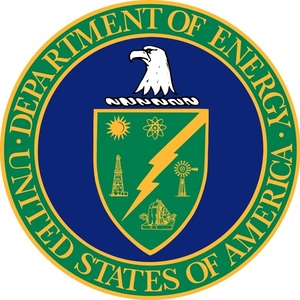DOE offers funding to support rural clean energy projects

April 3, 2023
BY Erin Krueger
The U.S. Department of Energy in March opened a $300 million funding opportunity under the Energy Improvements in Rural or Remote Areas (ERA) Program, which aims to improve the resilience, reliability and affordability of energy systems in communities across the country with 10,000 or fewer people. Bioenergy projects are among those eligible to apply for the funds.
The funding opportunity includes two topic areas. The first topic area includes community-scale demonstration projects and is focused on proposals to implement clean energy projects with a federal cost share of between $5 million and $10 million using one or more clean energy technologies that advance resilience and provide other benefits to one or more rural or remote communities. The second topic area is for large-scale demonstrations and focuses on proposals to implement clean energy projects with a federal cost share of between $10 million and $100 million. These large-scale demonstration projects should benefit multiple communities. Eligible projects include bioreactors that use locally available biomass to replace fossil fuel generation.
According to the DOE, funding for the program is organized into nine geographical regions to reflect regional diversity in energy consumption and access, varying weather patterns and climate impacts.
Concept papers for ERA program funds are due April 14, with full applications due June 28. The DOE plans to make four to eight awards under the first topic area and three to 20 awards under the second topic area. Additional information is available on the DOE website.
Advertisement
Advertisement
Advertisement
Advertisement
Related Stories
Marathon Petroleum Corp. on Aug. 5 released second quarter financial results, reporting improved EBITDA for its renewable diesel segment. The company primarily attributed the improvement to increased utilization and higher margins.
Chevron Corp. on Aug. 1 confirmed the company started production at the Geismar renewable diesel plant in Louisiana during the second quarter after completing work to expand plant capacity from 7,000 to 22,000 barrels per day.
California’s new specified source feedstock attestation requirement: A critical new compliance step for renewable fuel producers
As of July 2025, California’s SCFS requires renewable fuel producers using specified source feedstocks to secure attestation letters reaching back to the point of origin. This marks a significant shift in compliance expectations.
The public comment period on the U.S. EPA’s proposed rule to set 2026 and 2027 RFS RVOs and revise RFS regulations closed Aug. 8. Biofuel groups have largely expressed support for the proposal but also outlined several ways to improve the rulemaking.
The U.S. renewable fuels industry on Aug. 8 celebrated the 20th anniversary of the Renewable Fuel Standard. Federal lawmakers also marked the occasion with resolutions introduced in the House and Senate earlier this month.
Upcoming Events










